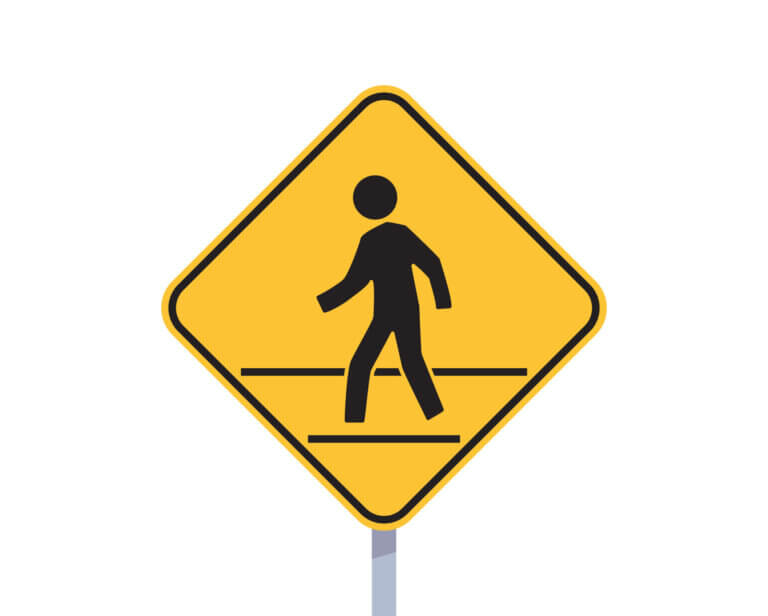Pedestrians are at constant risk of serious injury and even death because of careless drivers. Although the city of Syracuse has worked to prevent these accidents and there are common-sense steps that pedestrians themselves can take, there is always the possibility of a wreck. When this happens, the victim may seek compensation from the at-fault driver.
Walking in Syracuse is safer than it used to be, but that doesn’t mean the risks of a pedestrian accident have been completely eliminated. Among the most common reasons they occur are:
Distracted Driving
Anything that takes a driver’s focus away from the road and pedestrians in the area may be considered a distraction. Examples include texting while driving, eating while driving, and disruptive passengers.
Driving Under the Influence
Driving under the influence of alcohol or drugs makes it highly likely that a motorist will crash into a pedestrian. Even if the drugs are prescription medications, the driver has a duty to avoid operating the vehicle if the medicine impairs their ability to drive safely.
Speeding
A speeding vehicle takes more time to slow down and the driver is less likely to properly anticipate pedestrians, whether or not they are using a crosswalk. Speeding can include driving too fast for the conditions (e.g. weather and traffic).
Poor Visibility
Driving at night, during foggy conditions, and in bad weather can reduce visibility and prevent a driver from seeing pedestrians. So, too, can heavy traffic. These do not excuse a driver from exercising reasonable care to avoid an accident.
Failure to Yield
New York law requires that all motorists yield to pedestrians at crosswalks and intersections. When a driver intends to turn, a pedestrian also has the right-of-way.
Inexperienced Drivers
A less experienced driver is less likely to know the traffic laws, including when to yield to a pedestrian. Inexperience can also mean that a driver isn’t as acutely aware of the possibility of getting into a pedestrian accident, and may not adjust their driving accordingly.
Reducing the Pedestrian Accidents in Syracuse
Syracuse leaders have started a program to install speed humps on residential and park roads. The humps, which are elevated portions of the roadway that require a driver to slow down or risk an uncomfortable jolt in their vehicles, are designed to reduce speeds and protect pedestrians. Drivers are warned of the approaching speed hump and the need to slow down.
Pedestrians themselves can avoid an accident by:
- Limiting distractions while they walk, including from music, looking at their phones, and talking with others
- Always walking on sidewalks if possible
- Wearing brightly colored or reflective clothing if walking, running, or jogging on sidewalks at night
- Paying attention to traffic at all times, especially when walking on sidewalks near roads and highways
- Crossing only at designated crosswalks and when signals allow them to safely do so
Depend on Us if You’ve Been in an Accident in Syracuse
Despite the best intentions of city leaders and pedestrians’ precautions, accidents can still happen. If you have been the victim of a pedestrian accident, you could be faced with significant medical bills, lost income from work, pain and suffering, and more. Who can you count on to advocate for your legal right to compensation?
Turn to CDH Law. We can review the facts of your case and help you get started on an accident claim so you can win the damages you deserve. Call us or fill out our online contact form today.



